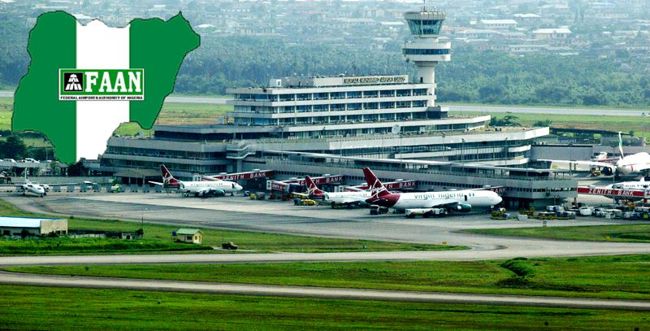Why Nigeria seeks $2.9 trillion investment before 2050

Chukwuemeke Iwelunmo
To join big players across the world, Nigeria needs a target investment requirement of approximately $2.9 trillion over the next 30 years.
Chief Executive Officer of RTC Advisory Services Ltd, Mr. Opeyemi Agbaje, who made this disclosure on Tuesday in Lagos at the NigeriaTravelsmart Colloquium 2017 also stated that, to close current infrastructure gap and reach desired optimal investment, Nigeria must aggressively increase core infrastructure stock from 35-40% of GDP in 2012 to 70% by 2043.
Making estimates of the country’s financing potentials from 2014 to 2018 at the colloquium titled: “Vision 2050: How To Fast Track Nigeria Aviation,” Agbaje said the public sector is to contribute 52% of the total infrastructure investment during the first five years, which would amount to about $66 billion.
While noting that private sector currently accounts for about 46% of the infrastructure investment in Nigeria, Agbaje said it is envisaged to increase to 48% by 2018, due to increased private sector participation, both through PPPs & privatization.
In his presentation titled: “Raising Capital To Finance a Vision 2050 Plan”, Agbaje however, proffered four primary options available for this investment which include: Public current account – about $36 billion; Public debt – about $29bn; Other public sources (SWF & Pensions) – $8 million and $5m respectively and PPPs – $10-20bn.
On how to raise capital to finance vision 2050 plan, the business strategist said that such fund may not come from government spending but that Domestic Financial Sector may contribute in the following ways: Banks: N32 trillion Assets; Pension Funds: N7trn Assets, Insurance: N1trn assets
Speaking further, he said that Nigeria’s infrastructure challenge generally and in transport and aviation boils down to how do we attract global FDI flows into Nigerian aviation.
“It requires a stable macroeconomic environment; forward-looking and proactive policy; a clear and compelling vision for the industry shared by all stakeholders including government and the private sector; and regulation that seeks to foster industry transformation”.
In his own presentation: “A Template for Fast tracking Aviation by 2050”, Founder Evergreen Apple Hanger, Dr. Harold Demuren stated that Nigeria is a natural hub but needs more infrastructure and more friendly environment as in the case of China and India economy.
Demuren said Nigeria needs to look at airport infrastructure, in terms of the airside and the land side, just as he pointed that there lots of focus on terminal buildings in the country.
According to Demuren, for airlines to function optimally, the aviation fuel has to be affordable, available and most importantly clean.
While assuring that the future of aviation is bright in Nigeria, Demuren said, “For Nigeria to be great in 2050, we need peace, we need to be united. There is no need to break. Security must be there. We must continue to ensure that we have safety regulations without any form of political interference.”
“By 2050, African aviation will be stronger with Nigeria at the centre. This is why Nigeria should be ready. We can take active part in all these alliances and most airlines by 2020 will go low cost,” Demuren said .








